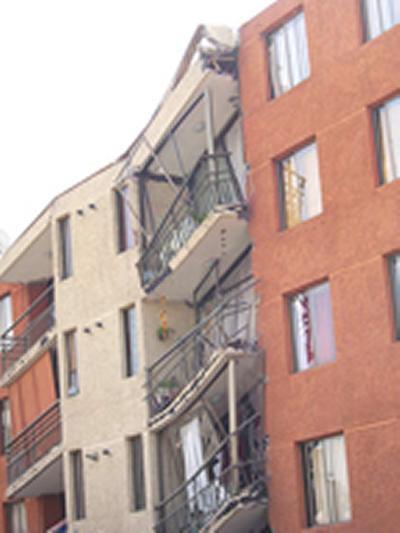Behind the headlines. A perspective from a Modern Languages academic on the earthquake in Chile

Elizabeth Dore, Professor of Latin American Studies, was asked to speak about her knowledge of Chile by BBC journalists covering the earthquake that caused massive damage south of the capital Santiago.
Elizabeth's insights were broadcast on Newshour on the World Service and The World Tonight on BBC Radio Four on 1 March 2010, two days after the disaster.
In the 1980s, Elizabeth lived briefly in Concepción, a post-industrial city in Chile with high unemployment, extreme poverty, and sprawling slums. A decade or so earlier, Concepción had been a prosperous centre of coal mines, steel plants, and the home of a militant working class. Concepción changed almost overnight after General Augusto Pinochet overthrew Chile’s democratic-socialist president, Salvador Allende in September 1973. Pinochet, a great personal friend of Margaret Thatcher, imposed a brutal military dictatorship and neo-liberal economic policies. Pinochet’s Chile was feted for its economic miracle: the underbelly was income inequality, extreme even by Latin American standards. Before the quake, the former miners and workers of Concepción lived in precarious housing, their once celebrated national hospitals long since privatised.
Chile’s President, Michelle Bachelet, is the daughter of a member of Allende’s cabinet who was tortured to death by Pinochet’s security forces. Heading the centrist coalition that has governed Chile since Pinochet was ousted in 1990, Bachelet’s policies improved the lives of the poor. However, her term in office was ending as the earthquake struck. A politician from Pinochet’s party, Sebastián Piñera, is due to assume the Presidency on 11 March 2010. Piñera, a media mogul, is reputed to be the richest man in Chile.
“We can be sure that the new President will marshal the power of the state to rapidly repair the airports, highways, telecommunications systems and shopping malls,” Elizabeth said. “Whether he rushes to rebuild the infrastructure that matters most to Chile’s poor, their houses, schools, and health clinics, remains to be seen.”
Listen to the podcasts:
- Newshour on the World Service interview (mp3. courtesy of BBC World Service)
- The World Tonight on BBC Radio Four interview (mp3. courtesy of BBC Radio Four)